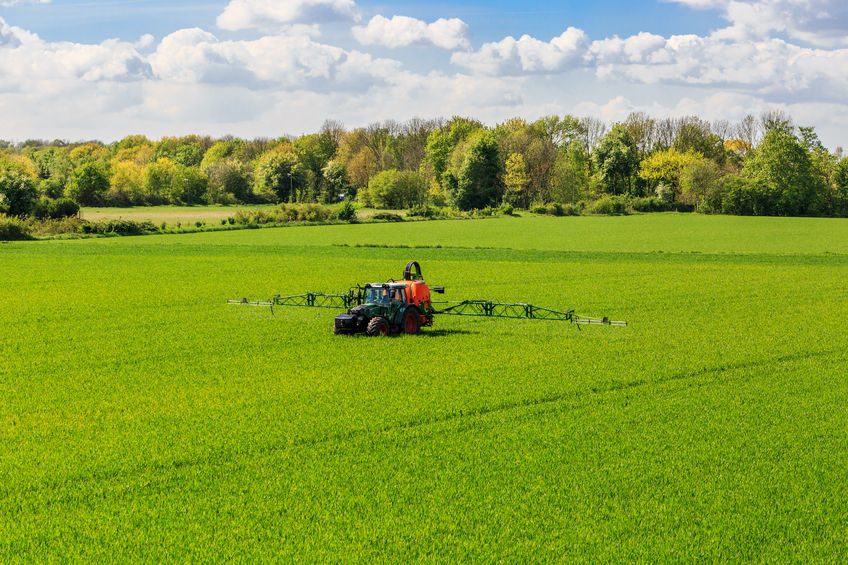
The European Commission has proposed that the herbicide glyphosate be extended by a further 10 years, with a vote due in October.
The Commission's proposal will be voted on by the EU's 27 member states on 13 October.
A "qualified majority" of 15 member states, representing at least 65% of the EU's population, is required to pass or to block the proposal.
Glyphosate, which is the world's most widely used herbicide, is currently approved for use in the bloc until 15 December 2023.
A row over possible risks to the environment and human health has prompted numerous investigations in the US and Europe, forcing delays to re-licensing decisions.
However, a recent European Food Safety Authority (EFSA) study found that glyphosate was “unlikely to pose a carcinogenic hazard to humans”.
"The assessment of the impact of glyphosate on the health of humans, animals and the environment did not identify critical areas of concern," the regulator said.
"EFSA did not identify any critical areas of concern in its peer review of the risk assessment of the active substance glyphosate in relation to the risk it poses to humans and animals or the environment.
The US Environmental Protection Agency (EPA) and the European Chemicals Agency have also classified glyphosate as non-carcinogenic.
The NFU has said that the loss of glyphosate would cause 'huge problems' for the farming industry.
NFU senior regulatory affairs adviser, Dr Chris Hartfield said: “Reviews of all the available and latest evidence by regulatory scientific experts in the EU and across the world have confirmed that glyphosate is not carcinogenic.
“Glyphosate reduces the need to use other herbicides, helps to protect soil and cuts greenhouse gas emissions by reducing the need for ploughing.
"It also enables European farmers to grow crops that help produce safe, affordable and high-quality food.”
